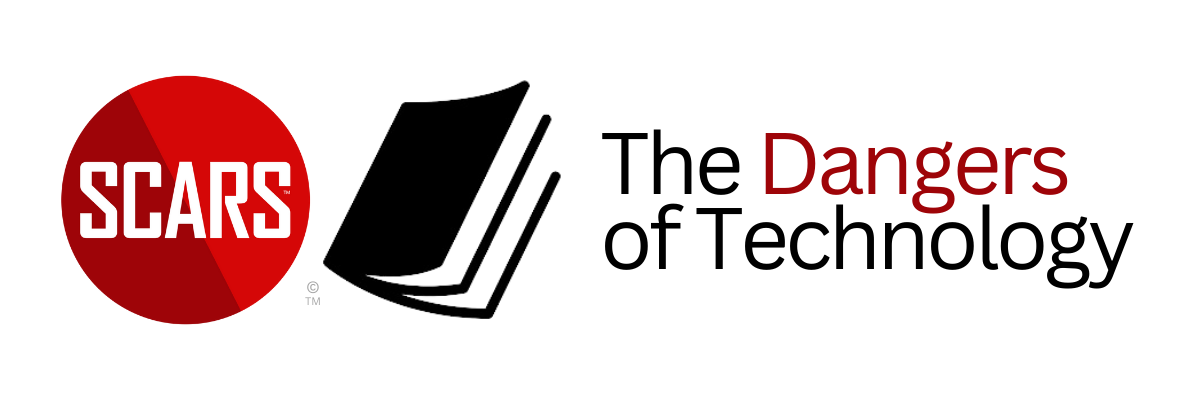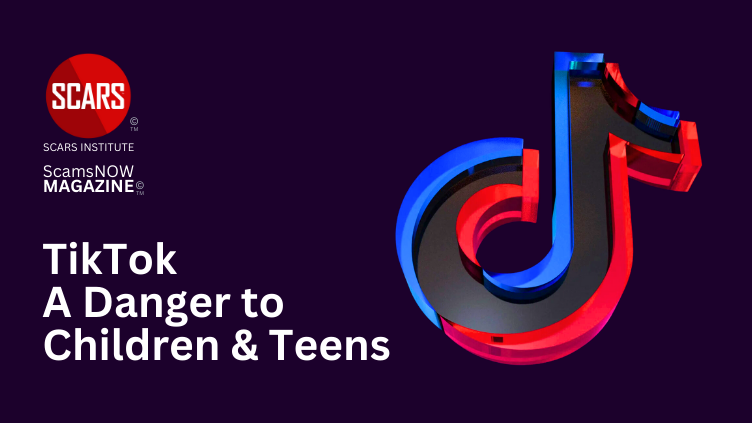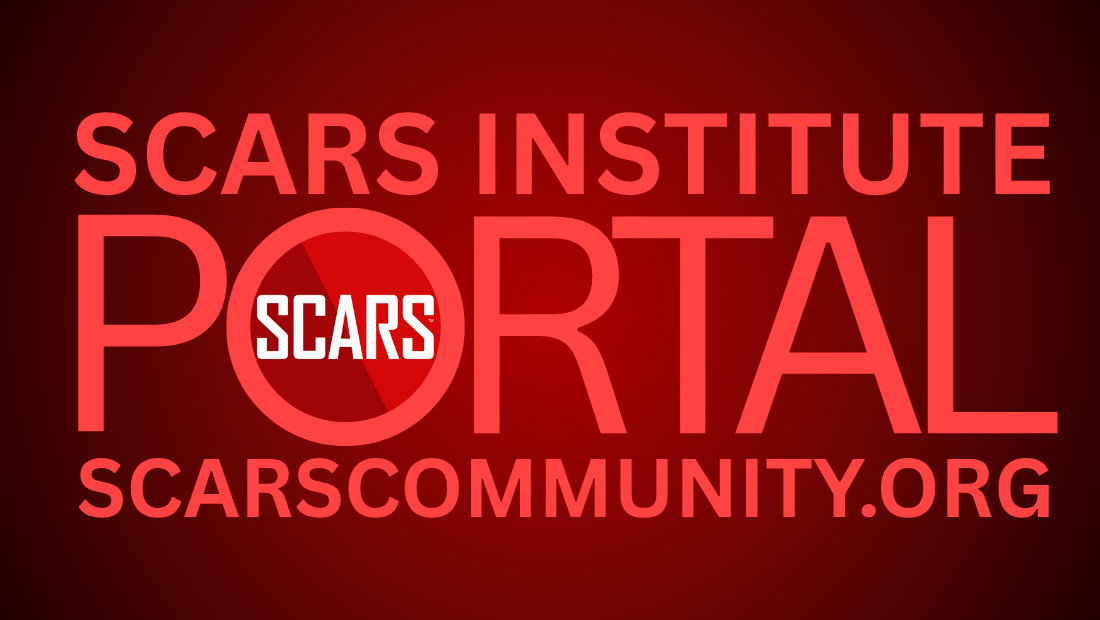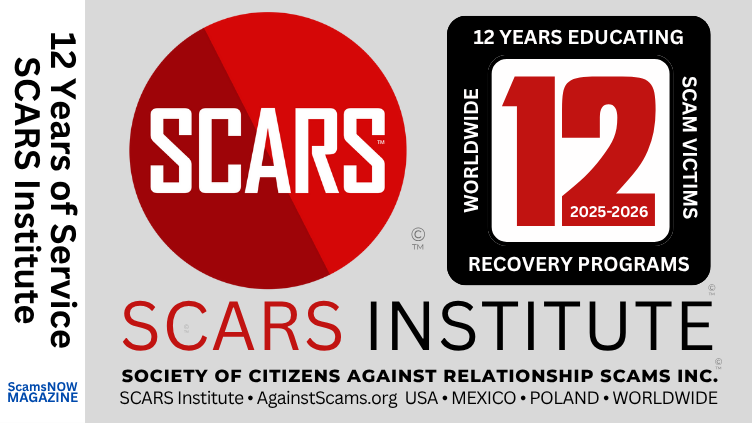The Battle Against TikTok – Montana USA Attorney General Lawsuit
Montana Attorney General Sues TikTok for Harmful Content and Deceptive Practices Targeting Children
Primary Category: News
Authors:
• SCARS Editorial Team – Society of Citizens Against Relationship Scams Inc.
• Portions by the Montana’s Attorney General’s Office
About This Article
Attorney General Austin Knudsen’s lawsuit against TikTok accuses the platform of targeting children and teens with addictive and harmful content, while misleading parents about the app’s safety features.
The lawsuit highlights the app’s failure to adequately restrict mature content, including explicit sexual, drug-related, and self-harm material, despite its claims of having safeguards like Restricted Mode. Knudsen seeks to hold TikTok accountable for violating the Montana Consumer Protection Act, emphasizing the app’s role in damaging the mental and physical well-being of young users through its deceptive practices.

Montana Attorney General Sues TikTok for Harmful Content and Deceptive Practices Targeting Children
Attorney General Austin Knudsen’s lawsuit against TikTok highlights significant concerns over the app’s impact on children and teens, accusing the platform of promoting harmful, mature content and addictive behavior while deceiving parents. The Montana Department of Justice’s investigation found TikTok falsely represents its age-appropriate content, exposing minors to extreme videos related to drugs, sex, self-harm, and suicide. The lawsuit demands TikTok cease these deceptive practices, especially regarding its “12+” age rating, and improve parental controls and safety measures to protect young users.
Did You Know?
The TikTok logo is based on the Chinese word Douyin (抖音), which translates to “trembling sound,” such as in a natural disaster or earthquake So in effect, all along TikTok was intended to do damage to those who used it.
The parent company ByteDance also has a Chinese domestic platform called Douyin:
- Douyin is a short-video app that’s a staple of the Chinese internet. It’s owned by ByteDance, the same company that owns TikTok, but the two are separate entities:
- Features: Users can create, edit, and share short videos, livestreams, and more. The app also includes e-commerce and an advertising channel for brands.
- Popularity: Douyin has over 755 million monthly active users. Users spend an average of over two hours on the app daily.
International name: TikTok is the international version of Douyin. The apps look similar, but they’re not the same product and don’t share content. - Douyin allows no content like TikTok does.
Since Douyin is made for the Chinese market, the application has content controls to comply with Chinese law and regulations that make companies liable for the content hosted on their platforms. To follow these regulations, companies must invest in technology and personnel to filter content according to government guidelines. On the other hand, the U.S. government gave TikTok (and other platforms) explicit immunity from liability in the Communications Decency Act section 230.
Per the Montana Attorney General’s Press Release
Attorney General Knudsen sues TikTok for harmful effects on children, deceptive practices
HELENA – Montana Attorney General Austin Knudsen filed a lawsuit against social media giant TikTok today for knowingly sharing addictive and harmful content with children and teens and engaging in other deceptive practices in violation of the Montana Consumer Protection Act.
The lawsuit was filed after an investigation into the app by the Montana Department of Justice found there are “virtually endless amounts of extreme and mature videos presented to children as young as thirteen.” TikTok is also specifically targeting young people and purposefully designed the app to be addictive, while lying about the mature and extreme content on the highly addictive app.
“TikTok must be held accountable for poisoning the minds of children and lying to parents about the videos their children can view on the app. Parents need to know the truth about the content their children have access to on the app and TikTok is pushing to their feeds,” Attorney General Knudsen said. “As attorney general, it’s my job to hold bad actors deceiving Montanans accountable and I intend to do just that.”
TikTok is in violation of the Montana Consumer Protection Act, which protects Montanans from “unfair or deceptive acts or practices in the conduct of any trade or commerce.” Under the Act, Attorney General Knudsen is seeking a permanent injunction compelling TikTok to cease its deceptive, misleading, false and unfair statements and conduct.
TikTok’s age ratings in Apple’s App Store, Google Play, and Microsoft Stores are deceptive.
For example, the social media company deceptively states that in each category in the Apple App Store including “profanity or crude humor,” “mature/suggestive themes,” “sexual content and nudity,” and “alcohol, tobacco, or drug use references” is infrequent and mild, but in every case the investigation revealed it is much more extreme.
TikTok claims in the Apple App Store that profanity on the app is infrequent and mild, but many videos with hundreds of millions of views are set to music with extremely profane language and are readily available to users.
- TikTok claims that alcohol, tobacco, and drug use references are infrequent or mild, but investigators found numerous examples of frequent and intense content. In one example, a woman is smiling and then showing a wobbly room with the text “This is what ket feels like.” “Ket” is short for the drug ketamine.
- Sexual content and nudity are also not infrequent or mild as claimed by TikTok, as Montana’s investigation revealed many sexualized videos are readily available to users, including “Magic Mike” performances of male strippers dancing and grinding on women on stage and a video describing at length an encounter at a “rub n tug” massage parlor.
- Videos including other mature and suggestive themes that are psychologically damaging for young users. For example, the investigation revealed numerous videos that glorify extreme thinness.
- Still, TikTok chooses to give itself an age rating of “12+” in the Apple App Store even though mature and adult content promoting suicide, self-harm, and eating disorders; recipes for highly alcoholic drinks; sexually explicit videos; and advice and encouragement about using certain drugs readily available to users registered as 13-year-olds.
TikTok has also intentionally pursued innovative design features to keep young people in the app, which do not comport with their age ratings in app stores and have led to addiction in young Montanans which is a detriment to their well-being, development, and mental and physical health.
For example, the TikTok Live feature facilitates user engagement in dangerous activities such as binge drinking in exchange for compensation. One user died of excessive alcohol consumption the day after Christmas in 2022 after earning money by taking drinks “bought” for him by other users.
Features like “effects,” which can alter a user’s appearance, can have a profoundly negative impact on young women, causing body image issues, eating disorders, and even suicide which remain undisclosed by TikTok.
Further, the social media company has also made deceptive claims about restrictive controls and information in its community guidelines, leaving parents without the information they need to decide whether to allow their child to use TikTok.
For example, TikTok states that “Restricted Mode is an option at the account settings level that limits the appearance of content that may not be appropriate for all audiences.” However, it does not work the way TikTok claims as even when restricted mode is enabled, users – even 13-year-olds – can see mature content, and TikTok does not warn parents that restricted mode does not meaningfully restrict the visibility of mature content on the app.
“Parents also care about safety and parental control features, such as TikTok’s Restricted Mode. Parents who use these controls rely on them to do what TikTok says they will do—limit the amount of inappropriate, mature content their kids see,” Attorney General Knudsen wrote in the lawsuit. “Parents need to know the limits of these so-called “safety” features before they decide whether, and how, to permit their children to use TikTok. Misrepresentations about these safety features are particularly acute and deceptive when combined with TikTok’s other deceptive representations.”
Click here to read the lawsuit.
SCARS Institute Analysis and Opinion of TikTok
In general, the SCARS Institute is in agreement with the Montana Attorney General’s position and lawsuit. The idea of the platform is excellent, but the reality of its algorithms is that they are dangerous to those who use it.
The argument is that TikTok poses significant harm to children, teens, and young adults due to its highly addictive nature and exposure to inappropriate content, which we agree with. The platform’s algorithm tends to push extreme, mature, and harmful videos, including those promoting body image issues, substance abuse, and dangerous challenges. These concerns are exacerbated by the fact that TikTok’s safety features, such as Restricted Mode, are often ineffective in shielding young users from such content, leaving them vulnerable to mental health issues like anxiety, depression, and low self-esteem.
Furthermore, the platform’s role in amplifying attention and focus problems among younger users, who spend hours scrolling through endless content. The constant engagement can foster unhealthy attachment to the app and create a cycle of dopamine-driven behavior, where children and teens seek instant gratification and validation through likes, shares, and comments. This has a detrimental impact on their social development and can lead to issues like social isolation, poor sleep, and reduced academic performance.
In our view, the only way to save TikTok is to remove the algorithms completely and let the users decide what they want to see!
Full disclosure: SCARS has an account on TikTok and has posted anti-scam videos, but abandoned the platform in 2023.
-/ 30 /-
What do you think about this?
Please share your thoughts in a comment below!
-/ 30 /-
What do you think about this?
Please share your thoughts in a comment below!
TABLE OF CONTENTS
- Montana Attorney General Sues TikTok for Harmful Content and Deceptive Practices Targeting Children
- About This Article
- Montana Attorney General Sues TikTok for Harmful Content and Deceptive Practices Targeting Children
- Did You Know?
- Per the Montana Attorney General’s Press Release
- SCARS Institute Analysis and Opinion of TikTok
CATEGORIES
![NavyLogo@4x-81[1] The Battle Against TikTok - Montana USA Attorney General Lawsuit - 2024](https://scamsnow.com/wp-content/uploads/2025/04/NavyLogo@4x-811.png)
ARTICLE META
Important Information for New Scam Victims
- Please visit www.ScamVictimsSupport.org – a SCARS Website for New Scam Victims & Sextortion Victims.
- SCARS Institute now offers its free, safe, and private Scam Survivor’s Support Community at www.SCARScommunity.org – this is not on a social media platform, it is our own safe & secure platform created by the SCARS Institute especially for scam victims & survivors.
- SCARS Institute now offers a free recovery learning program at www.SCARSeducation.org.
- Please visit www.ScamPsychology.org – to more fully understand the psychological concepts involved in scams and scam victim recovery.
If you are looking for local trauma counselors, please visit counseling.AgainstScams.org
If you need to speak with someone now, you can dial 988 or find phone numbers for crisis hotlines all around the world here: www.opencounseling.com/suicide-hotlines
Statement About Victim Blaming
Some of our articles discuss various aspects of victims. This is both about better understanding victims (the science of victimology) and their behaviors and psychology. This helps us to educate victims/survivors about why these crimes happened and not to blame themselves, better develop recovery programs, and help victims avoid scams in the future. At times, this may sound like blaming the victim, but it does not blame scam victims; we are simply explaining the hows and whys of the experience victims have.
These articles, about the Psychology of Scams or Victim Psychology – meaning that all humans have psychological or cognitive characteristics in common that can either be exploited or work against us – help us all to understand the unique challenges victims face before, during, and after scams, fraud, or cybercrimes. These sometimes talk about some of the vulnerabilities the scammers exploit. Victims rarely have control of them or are even aware of them, until something like a scam happens, and then they can learn how their mind works and how to overcome these mechanisms.
Articles like these help victims and others understand these processes and how to help prevent them from being exploited again or to help them recover more easily by understanding their post-scam behaviors. Learn more about the Psychology of Scams at www.ScamPsychology.org
SCARS INSTITUTE RESOURCES:
If You Have Been Victimized By A Scam Or Cybercrime
♦ If you are a victim of scams, go to www.ScamVictimsSupport.org for real knowledge and help
♦ SCARS Institute now offers its free, safe, and private Scam Survivor’s Support Community at www.SCARScommunity.org/register – this is not on a social media platform, it is our own safe & secure platform created by the SCARS Institute especially for scam victims & survivors.
♦ Enroll in SCARS Scam Survivor’s School now at www.SCARSeducation.org
♦ To report criminals, visit https://reporting.AgainstScams.org – we will NEVER give your data to money recovery companies like some do!
♦ Follow us and find our podcasts, webinars, and helpful videos on YouTube: https://www.youtube.com/@RomancescamsNowcom
♦ Learn about the Psychology of Scams at www.ScamPsychology.org
♦ Dig deeper into the reality of scams, fraud, and cybercrime at www.ScamsNOW.com and www.RomanceScamsNOW.com
♦ Scam Survivor’s Stories: www.ScamSurvivorStories.org
♦ For Scam Victim Advocates visit www.ScamVictimsAdvocates.org
♦ See more scammer photos on www.ScammerPhotos.com
You can also find the SCARS Institute’s knowledge and information on Facebook, Instagram, X, LinkedIn, and TruthSocial
Psychology Disclaimer:
All articles about psychology and the human brain on this website are for information & education only
The information provided in this and other SCARS articles are intended for educational and self-help purposes only and should not be construed as a substitute for professional therapy or counseling.
Note about Mindfulness: Mindfulness practices have the potential to create psychological distress for some individuals. Please consult a mental health professional or experienced meditation instructor for guidance should you encounter difficulties.
While any self-help techniques outlined herein may be beneficial for scam victims seeking to recover from their experience and move towards recovery, it is important to consult with a qualified mental health professional before initiating any course of action. Each individual’s experience and needs are unique, and what works for one person may not be suitable for another.
Additionally, any approach may not be appropriate for individuals with certain pre-existing mental health conditions or trauma histories. It is advisable to seek guidance from a licensed therapist or counselor who can provide personalized support, guidance, and treatment tailored to your specific needs.
If you are experiencing significant distress or emotional difficulties related to a scam or other traumatic event, please consult your doctor or mental health provider for appropriate care and support.
Also read our SCARS Institute Statement about Professional Care for Scam Victims – click here
If you are in crisis, feeling desperate, or in despair, please call 988 or your local crisis hotline – international numbers here.
More ScamsNOW.com Articles
A Question of Trust
At the SCARS Institute, we invite you to do your own research on the topics we speak about and publish. Our team investigates the subject being discussed, especially when it comes to understanding the scam victims-survivors’ experience. You can do Google searches, but in many cases, you will have to wade through scientific papers and studies. However, remember that biases and perspectives matter and influence the outcome. Regardless, we encourage you to explore these topics as thoroughly as you can for your own awareness.

























![scars-institute[1] The Battle Against TikTok - Montana USA Attorney General Lawsuit - 2024](https://scamsnow.com/wp-content/uploads/2025/04/scars-institute1.png)

![niprc1.png1_-150×1501-1[1] The Battle Against TikTok - Montana USA Attorney General Lawsuit - 2024](https://scamsnow.com/wp-content/uploads/2025/04/niprc1.png1_-150x1501-11.webp)